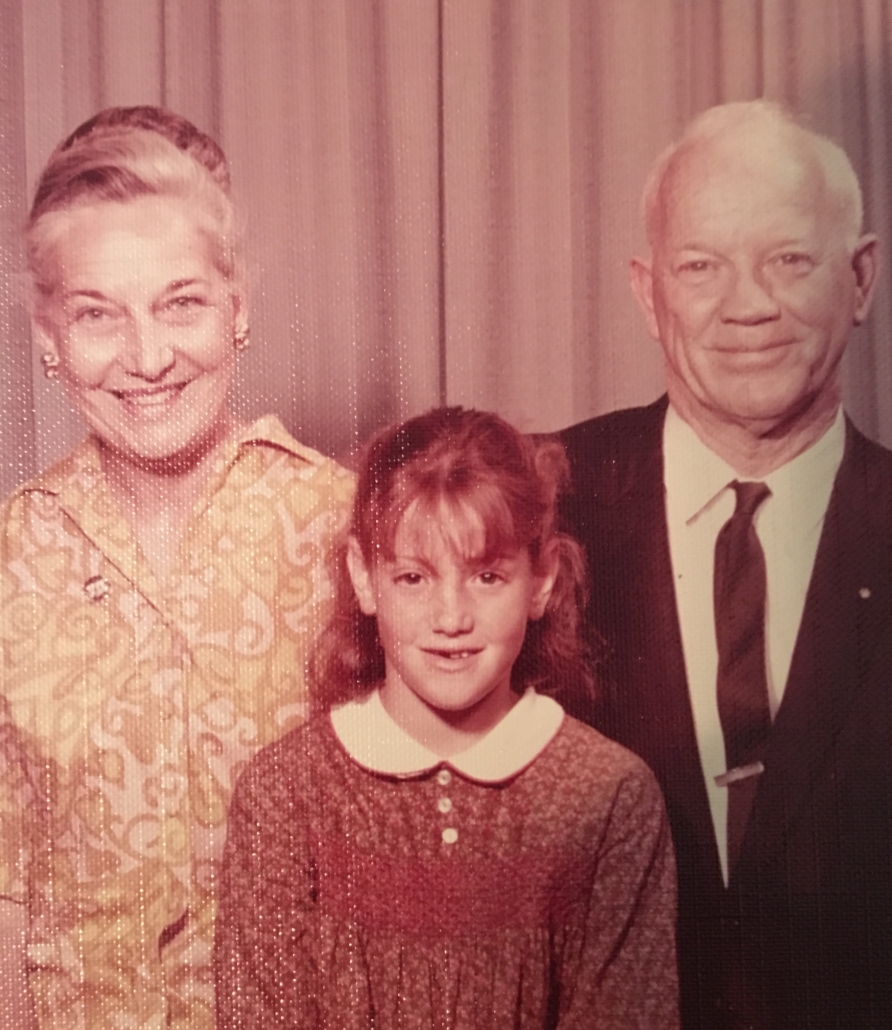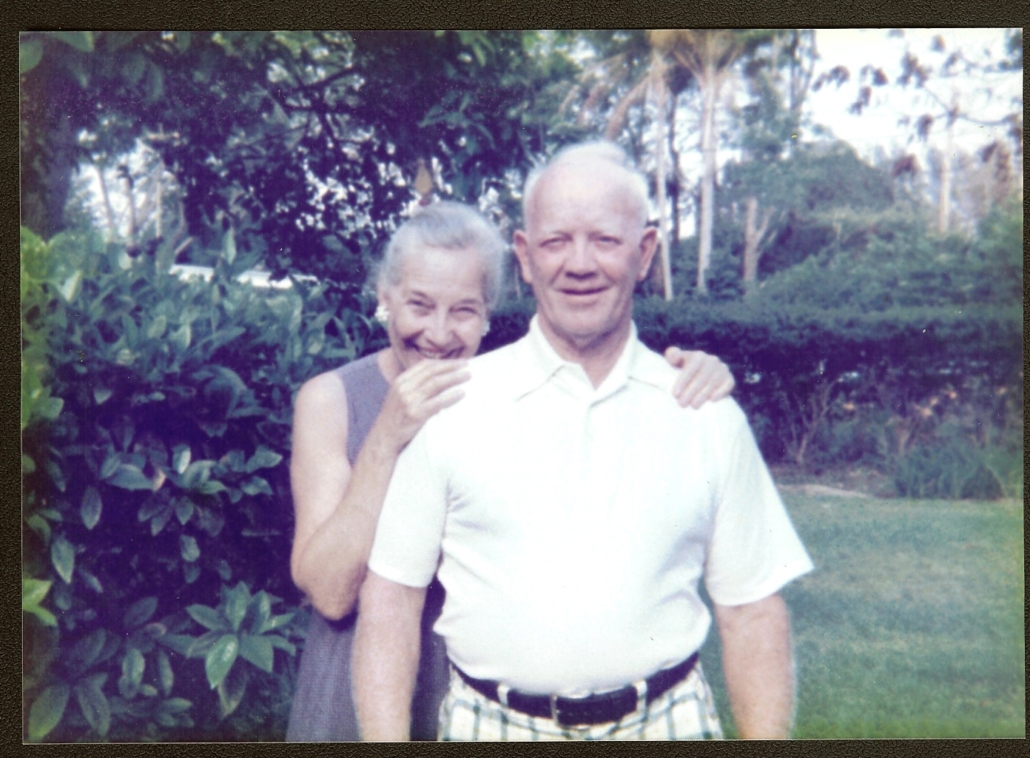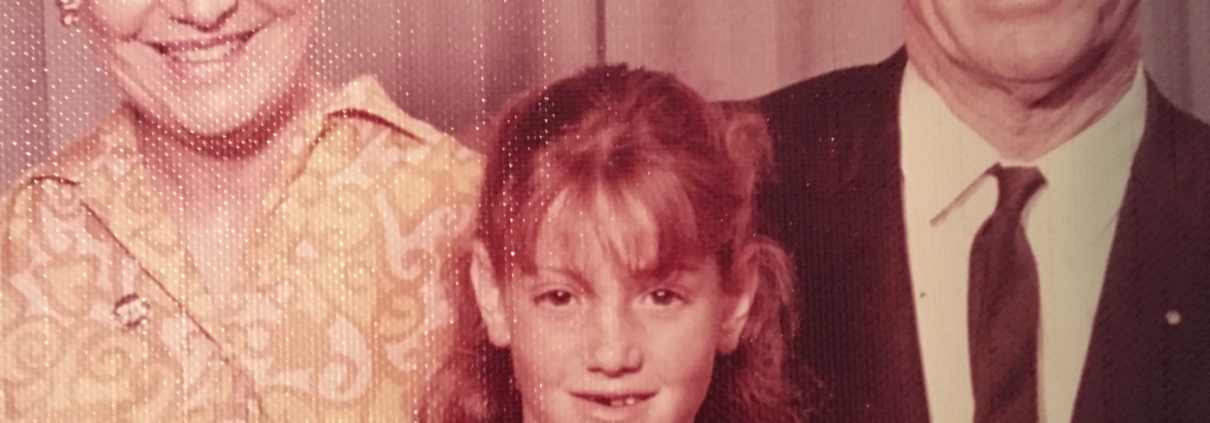Aging with Grace – Helping Elders Feel Loved, Valued and Connected
I had the unique good fortune of being adopted and raised by maternal grandparents who got me as a baby when they were both in their early 50s. Despite their advanced age, they were awesome parents and my friends loved hanging out at our house all throughout my school years.
In elementary school, my mom, who played a mean piano, would push back all the furniture in our living room and neighborhood kids would pair up and glide around our terrazzo floors while she plunked out a waltz. I can still hear the melody in my mind.
In junior high school, I frequently had sleep-overs with a house full of giggling girls and in high school, it was more of the same. My dad would tell war stories to anyone who would listen and he never met a stranger. My parents were active in the church and were good and kind people from an era that seems so distant now. Sigh.
By my late twenties, my mother was suffering severely from dementia and daddy was her caretaker till he suffered a stroke, which left this brave air force officer wheel-chair bound and dependent on our family for his care.
I recall one time when I was bathing him and he slipped – not badly but it was awkward to say the least. As I struggled to get him back in his chair, I said, “Daddy, are you hurt?”
“Only my pride,” he said quietly. I blinked back tears. I can still feel the sting of this desperately sad moment for both of us, but especially for my father who was accustomed to being the tough guy, the one always in command. The Colonel.
Aging is challenging when you are well and able-bodied. It’s even more difficult when you’re not. And it’s challenging for everyone as the roles change and the physical and mental challenges can mount.
Recognizing, acknowledging and navigating these challenges can include addressing issues like:
- Loss – Loss of spouse, family, friends, physical or mental capabilities
- Reduced Independence – Someone may have to help them or “look after them” because they can’t manage their daily living or affairs
- Pain – physical or mental. With age, often pain can be a constant companion – arthritis, inflammation, old injuries that now plague backs, shoulders, etc. Or mental pain from mourning, depression, loneliness, which is said to be very damaging to physical health.
- Loneliness – With the loss of a spouse or when adult children live far away or for those who have long been divorced or never married, aging can be isolating – especially if someone no longer drives, has trouble hearing and feels left out… there are so many reasons that loneliness increases with age. And we all need human interaction to stay well.
- Identity Questions – Who am I Now? Often older adults have to struggle to maintain relevance. They held jobs, supported families, traveled or coached little league. Some were bank presidents and others teachers. They were productive members of their communities and now, they may have nothing to do or contribute. Who are they now? What is their role now? Without purpose or a reason to get up, life can lose its meaning.
- Depression, Anxiety, or Fear – Due to all of the above, some older adults fall into depression or develop anxiety about their own mortality or that of their spouse or partner. Or they fear losing their independence. Given loss, pain or loneliness, this seems only natural.
What can we do to support our aging parents, partners, neighbors or friends?
Attention. Give them our full attention when we are with them. Sometimes older adults talk a little slower, move a little slower and we may get impatient. Give them the gift of slowing down and giving them your full attention. Resist looking at the phone. Be fully present.

Listen to their Stories – even if it is for the 100th time. It means so much for them to share their stories with you. Give them those few moments of joy to hear about a moment in time that touched them, shaped them or made them proud.
Love them. Many older people have lost someone – a spouse, partner, siblings, friends. Often they are hungry for touch. A hug. Connection. Sit close. Hold their hand. Give them a hug when you come and go. Most humans (although not all) really do need human touch. So if your loved one likes this, go for it. Give great big hugs.
If you have an older loved one who might benefit from talking with a caring professional — in my office or walking and talking (albeit slowly) outside to get fresh air, I would be honored to work with them.
My email is jill@walktalkcounseling.org or phone me at 321-754-7548.



